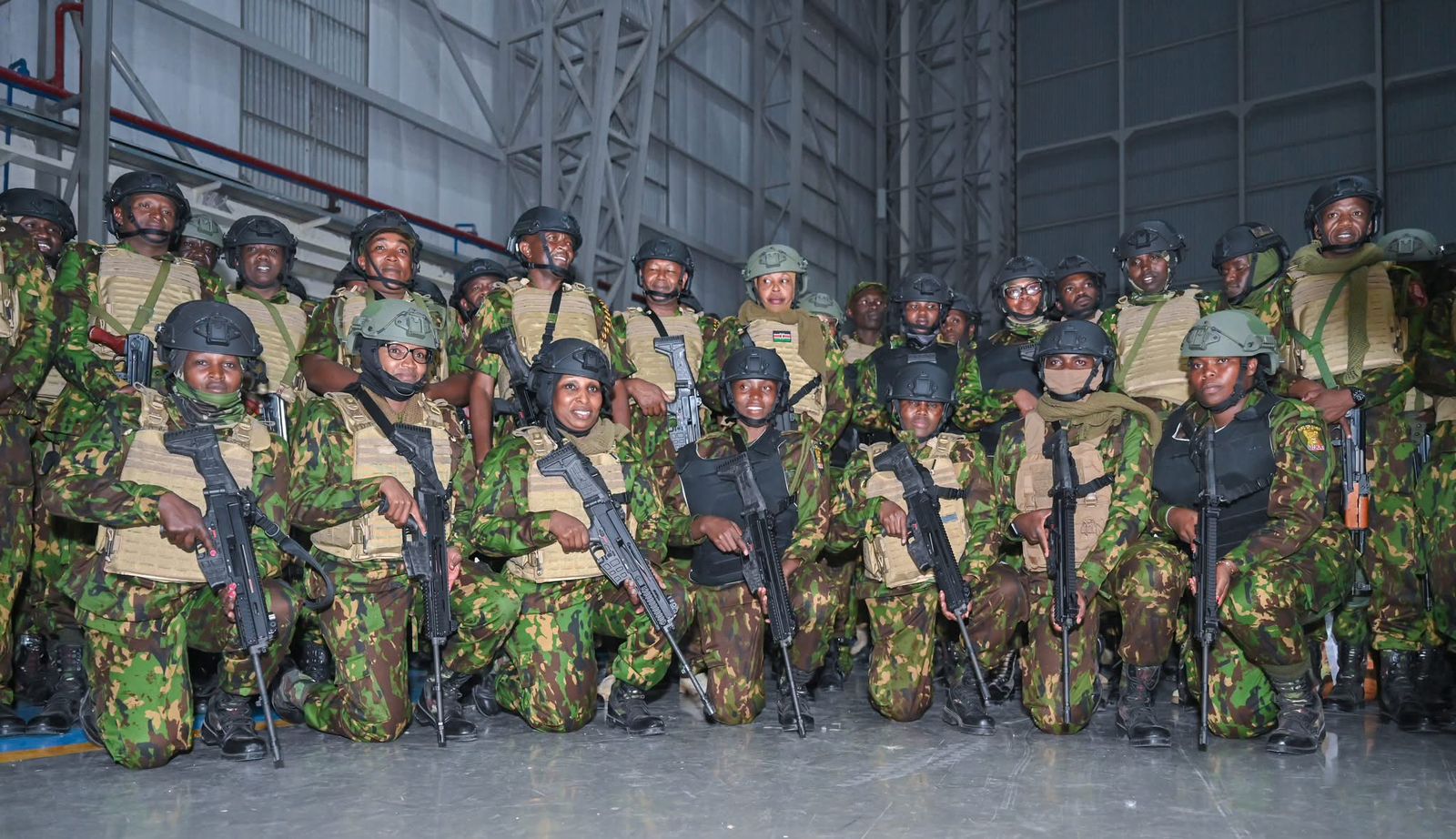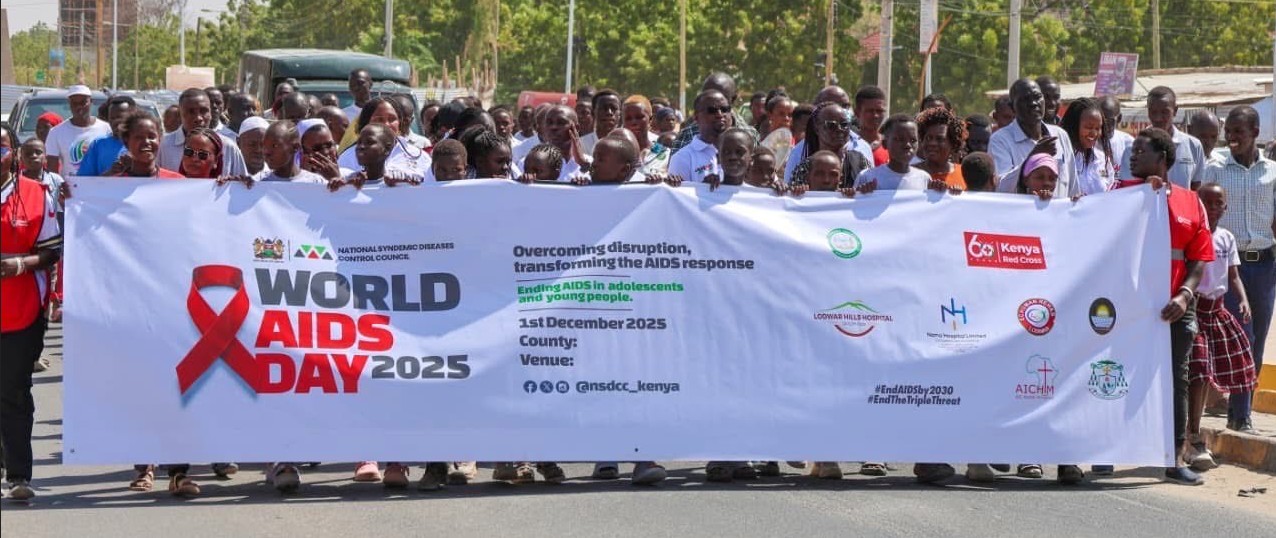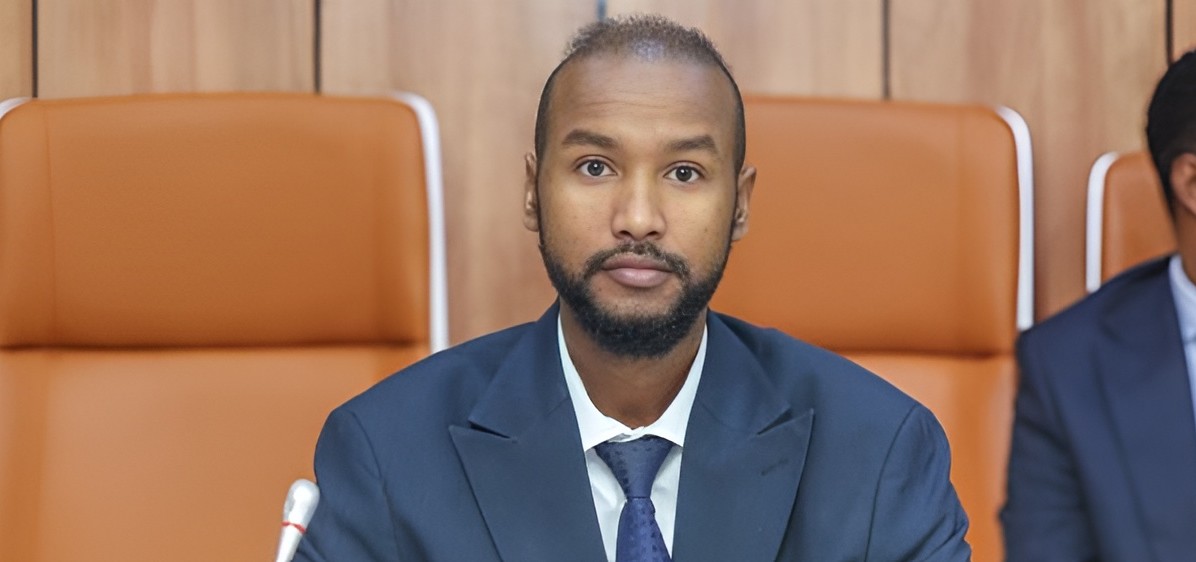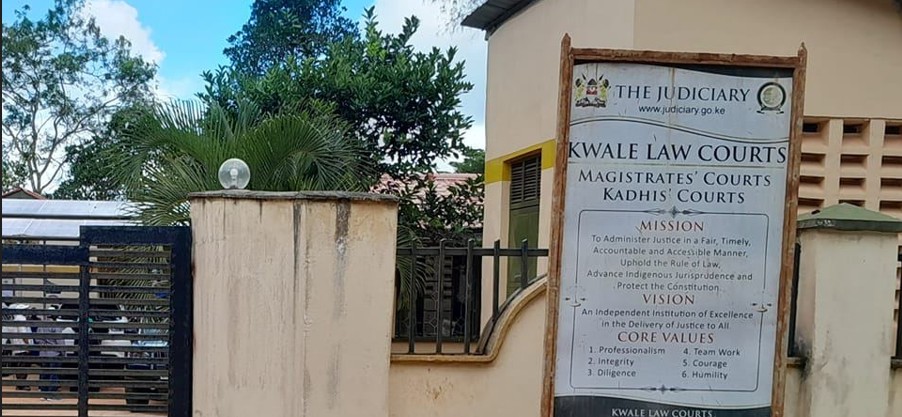Kenya deploys fourth contingent to Haiti as US freezes mission funding

114 Kenyan police officers, including a 24-member all-women SWAT team, arrived in Port-au-Prince, joining more than 600 other Kenyan officers already stationed in the troubled Caribbean nation.
Kenya has deployed a fourth contingent of police officers to Haiti, reinforcing the multinational effort to curb rampant gang violence despite uncertainty over US financial support.
On Thursday, 114 Kenyan police officers, including a 24-member all-women SWAT team, arrived in Port-au-Prince, joining more than 600 other Kenyan officers already stationed in the troubled Caribbean nation.
More To Read
- Haiti security forces say era of unchecked gang power is over as crackdown intensifies
- Haiti, Panama and Curaçao seal historic World Cup spots
- ‘Kenya can’t do it alone’: US urges more nations to join Haiti’s Gang Suppression Force
- Millions of lives at risk, warn UN food agencies, as hunger crisis worsens
- At least 20 dead as Hurricane Melissa hits Haiti
- Green light for Gang Suppression Force tells Haitians ‘they are not alone’, Security Council hears
The force is operating alongside Haiti's National Police, bolstered by additional deployments from Jamaica, Guatemala, and El Salvador as part of a broader multinational security mission.
US freezes $13.3M in funding
The latest deployment comes at a time when the Trump administration has announced the decision to freeze $13.3 million earmarked for the Haiti mission as part of a sweeping 90-day halt on foreign aid.
The funding, which was allocated to the UN Trust Fund for Haiti, had been expected to help sustain operations. However, Kenyan officials have downplayed the impact, arguing that the mission remains well-funded.
Godfrey Otunge, the force commander of the Haiti operation, dismissed concerns, stating that the frozen funds account for less than 3% of the total financial backing. "I want to assure everyone, especially the people of Haiti, that the mission remains on track," Otunge said in a statement.
He emphasised that the US and other partner countries continue to provide logistical, financial, and equipment support, with regular support flights arriving almost daily.
Kenya's government reiterated that the security mission remains sustainable through the UN Trust Fund for Haiti, where donor nations, including the U.S., Canada, France, Turkey, Spain, Italy, and Algeria, have collectively contributed $85 million.
Government spokesperson Isaac Mwaura stated that the fund remains sufficiently resourced to sustain the mission until September 2025.
While the Multinational Security Support (MSS) mission was approved by the UN Security Council in October 2023, it is not a formal UN peacekeeping operation. Instead, it relies on voluntary contributions, making it vulnerable to financial and political shifts in donor countries.
Kenya has expressed its intention to transition the Haiti mission into a full-fledged UN operation, which would secure long-term financial backing and institutional support. However, such a move would require the approval of the UN Security Council, where geopolitical considerations could play a significant role.
Haiti crisis
Haiti continues to grapple with one of the worst security crises in its history, with heavily armed gangs controlling vast parts of Port-au-Prince and surrounding areas.
The situation has deteriorated significantly, with gang violence displacing hundreds of thousands of people, overwhelming the Haitian government's ability to respond. Kenya's deployment, widely seen as a diplomatic gamble, has put Nairobi at the forefront of an international effort that many wealthier nations have been reluctant to lead.
The mission was initially pitched to Canada, but Ottawa declined, citing military commitments in Ukraine and the Indo-Pacific. Instead, Kenya took up the role, a move heavily backed by Washington under President Joe Biden—but one that now faces uncertainty under the Trump administration.
Kenya's involvement in Haiti has been both praised and questioned. While it has bolstered Kenya's international profile, the financial and political risks remain high.
The Trump administration's funding freeze raises concerns about future US commitments, with Washington's broader foreign policy shifts potentially affecting the mission's sustainability. Moreover, no African country has contributed financially to the Haiti mission, signalling donor fatigue and a reluctance to invest in an intervention many see as Washington's responsibility.
Top Stories Today












































